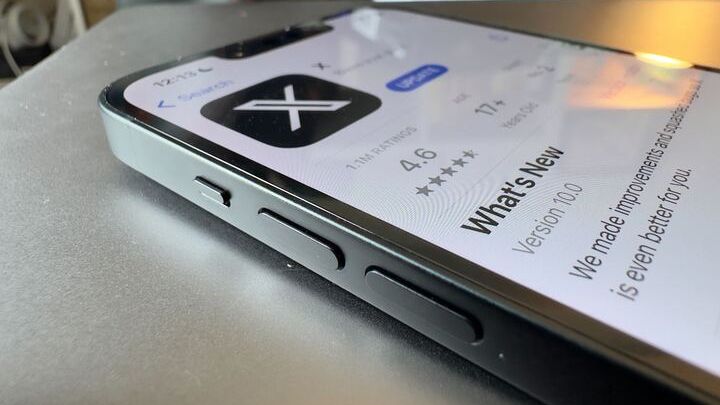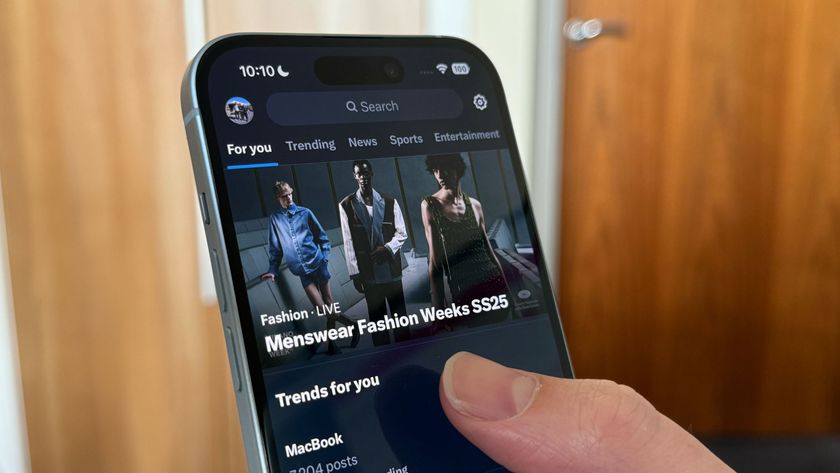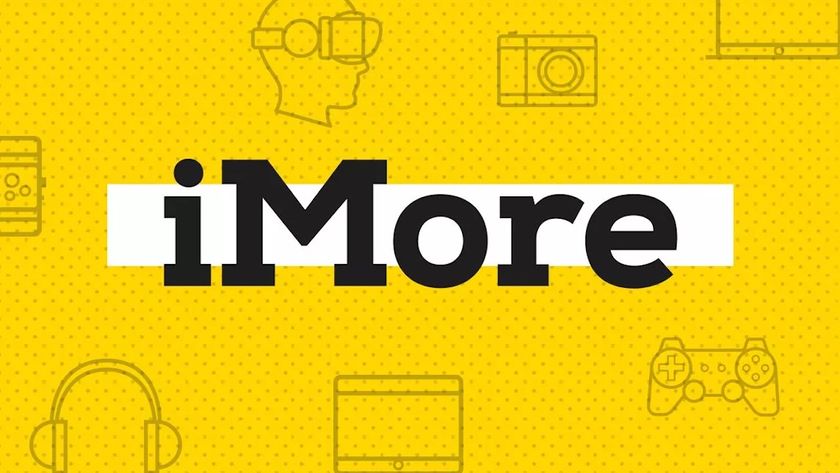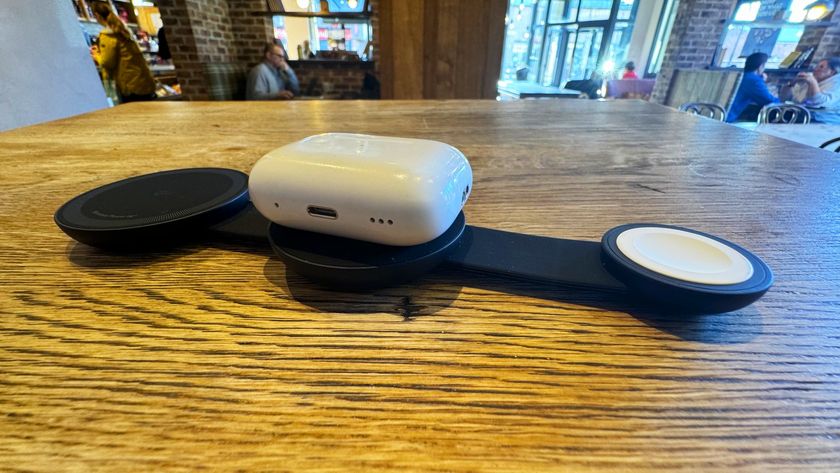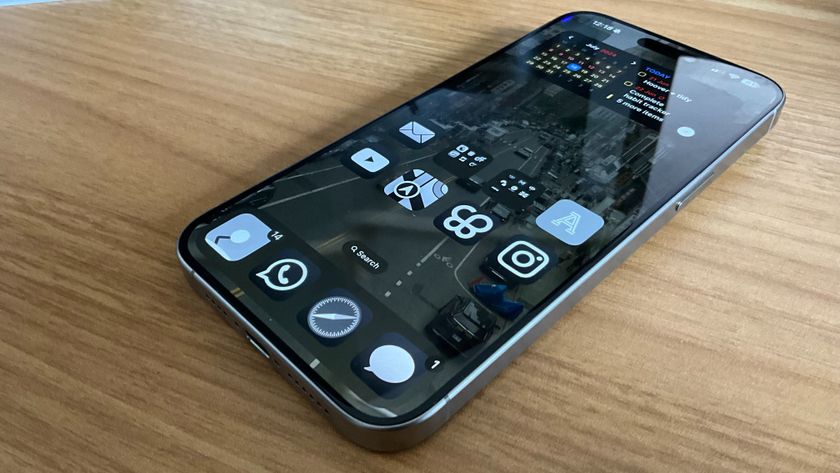How does fiction become fact? With a little help from social media.
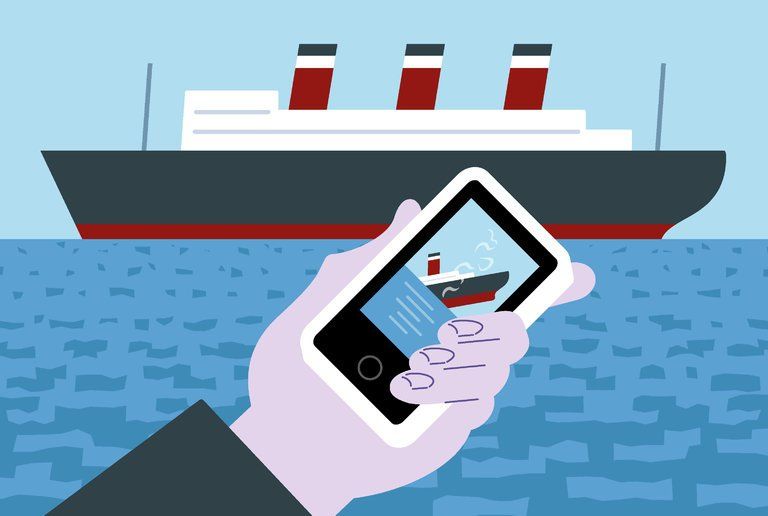
Whenever there's a major event that happens on this lovely planet we call Earth, whether it be the latest mass shooting, an intense political election, an act of war, or a heartwarming story of a family being reunited after a natural disaster, the one common factor these events have is that they're being talked about and picked apart on social media.
Social media is a great tool for instantly absorbing news, and people know this: if you were online after the Las Vegas shooting that happened recently, then you were bombarded on all platforms from Twitter to Instagram to Facebook and everything in between with messages, comments, videos, pictures, and, potentially, a whole 'lot of lies.
Hours after the Las Vegas massacre, Travis McKinney's Facebook feed was hit with a scattershot of conspiracy theories. The police were lying. There were multiple shooters in the hotel, not just one. The sheriff was covering for casino owners to preserve their business… But he knew there was only one shooter; a handgun instructor and defense contractor, he had been listening to the police scanner in Las Vegas with an app. "I jumped online and tried to counter some of this nonsense," he said. (How Fiction Becomes Fact on Social Media, New York Times)
A recent article from the (New York Times called How Fiction Becomes Fact on Social Media explores the intense, powerful psychology behind social media platforms and how misinformation thrives and travels within these spheres.
In a day and age where people put a lot of blind trust into what they read online, and more specifically, follow on social media, Dartmouth professor Dr. Brendan Nyhan, says that the majority of the public have been enveloped into "media cocoons".
In a forthcoming paper, Dr. Nyhan and colleagues review the relevant research, including analyses of partisan online news sites and Nielsen data, and find the opposite. Most people are more omnivorous than presumed; they are not confined in warm bubbles containing only agreeable outrage. But they don't have to be for fake news to spread fast, research also suggests. Social media algorithms function at one level like evolutionary selection: Most lies and false rumors go nowhere, but the rare ones with appealing urban-myth "mutations" find psychological traction, then go viral. (How Fiction Becomes Fact on Social Media, New York Times)
One theory is that people see a headline or a short caption on their Instagram feed, neglect to read the entire piece or post through and through, and share it on their social media without even making their own educated opinions.
Essentially they're so excited to participate that they neglect to check the facts they're actually sharing.
Another reason misinformation is spread so far? Because of the sheer speed of how fast it travels online.
Master your iPhone in minutes
iMore offers spot-on advice and guidance from our team of experts, with decades of Apple device experience to lean on. Learn more with iMore!
The networks make information run so fast that it outruns fact-checkers' ability to check it. Misinformation spreads widely before it can be downgraded in the algorithms. (Dr. Nyhan)
So what can we do to stop the spread of misinformation?
Reading the entire article is a good place to start before you give it a share. Double-checking sources (which will normally only take you around a minute at most) will save you quite a bit of grief. Subscribing to credible news sources will also help, too.
TLDR; don't believe everything you read on your Twitter feed.
Cella writes for iMore on social and photography. She's a true crime enthusiast, bestselling horror author, lipstick collector, buzzkill, and Sicilian. Follow her on Twitter and Instagram: @hellorousseau

